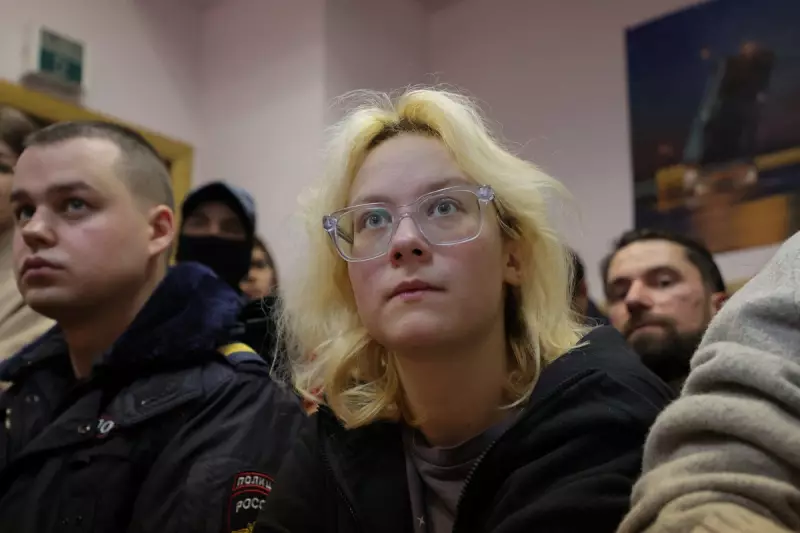
Two young street musicians have reportedly fled Russia after serving jail time for performing songs that criticised the Kremlin and its military actions in Ukraine.
Arrest and Viral Performance
Diana Loginova, aged 18, and Alexander Orlov, aged 22, were detained on 15 October in central St Petersburg. Their arrest followed a spontaneous street performance by their band, Stoptime. They played a song called 'Swan Lake Cooperative' by the exiled Russian rapper and vocal Kremlin critic, Noize MC.
The performance was captured on video and quickly went viral across Russian social media platforms, drawing significant public attention. The band's drummer, Vladislav Leontyev, was also taken into custody during the same police action.
A Cycle of Persecution and Escape
Following their initial arrest, the trio faced a relentless cycle of what rights groups term 'carousel arrests'. They were repeatedly detained for minor violations such as blocking access to the metro and petty hooliganism, serving short jail stints each time.
Loginova, a music college student, was separately found guilty of 'discrediting' the Russian army for singing another anti-Kremlin song and was fined 30,000 roubles (approximately $379).
According to St Petersburg newspaper Fontanka, Loginova left Russia after being freed on Sunday. Kommersant daily also reported that both Loginova and Orlov are now outside the country, though their current location has not been disclosed. Their lawyer, Maria Zyryanova, could not be reached for comment.
Wider Crackdown on Dissent
The case against Stoptime attracted considerable media attention within Russia, where public expressions of dissent have become increasingly dangerous. Authorities have intensified their crackdown on any opposition since the full-scale invasion of Ukraine began in February 2022.
Artists and musicians who voice criticism of the authorities often flee the country and are branded as traitors by pro-Kremlin politicians. Many have been designated as 'foreign agents', a label carrying heavy Soviet-era connotations of espionage.
Amnesty International campaigned for the musicians' release, stating that their only 'crime' was singing songs that challenge the official narrative. In a poignant personal development amidst their ordeal, Loginova and Orlov got engaged during their cycle of incarceration, as they told reporters in October.





